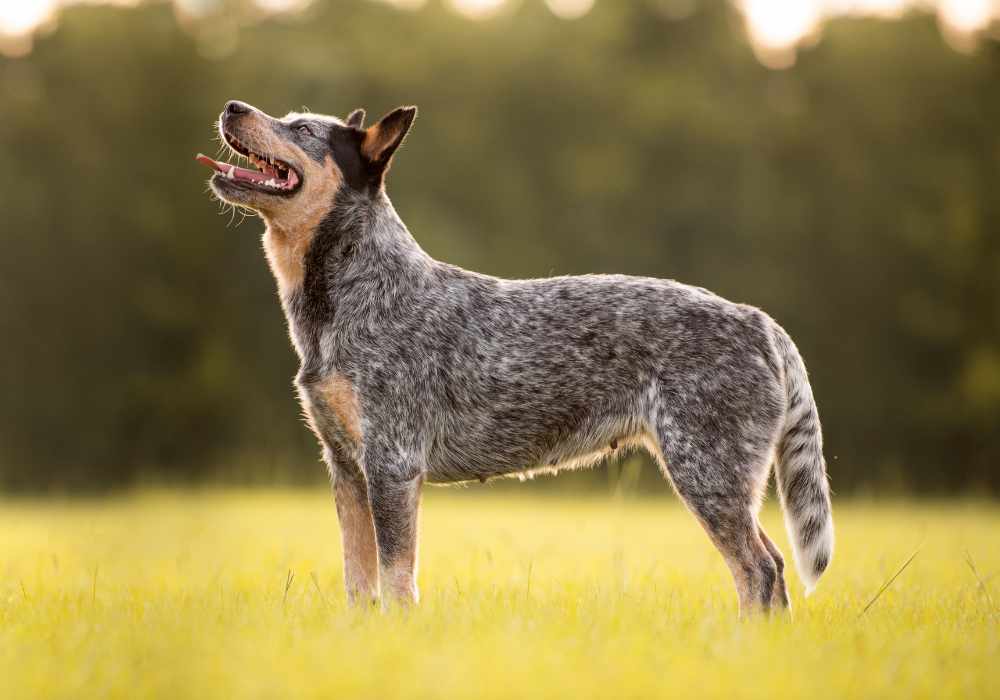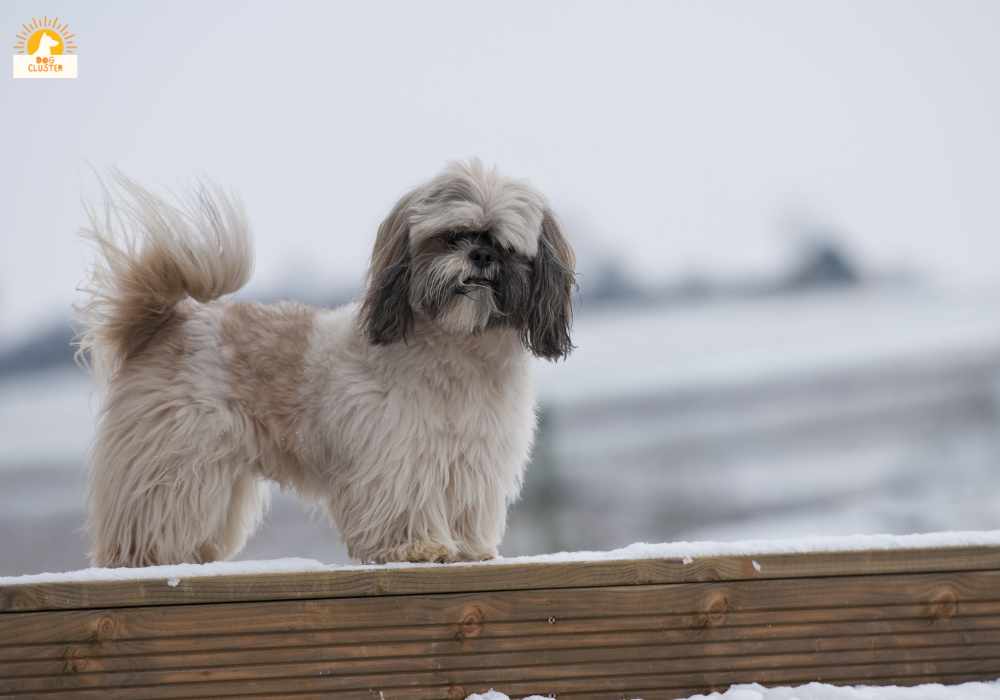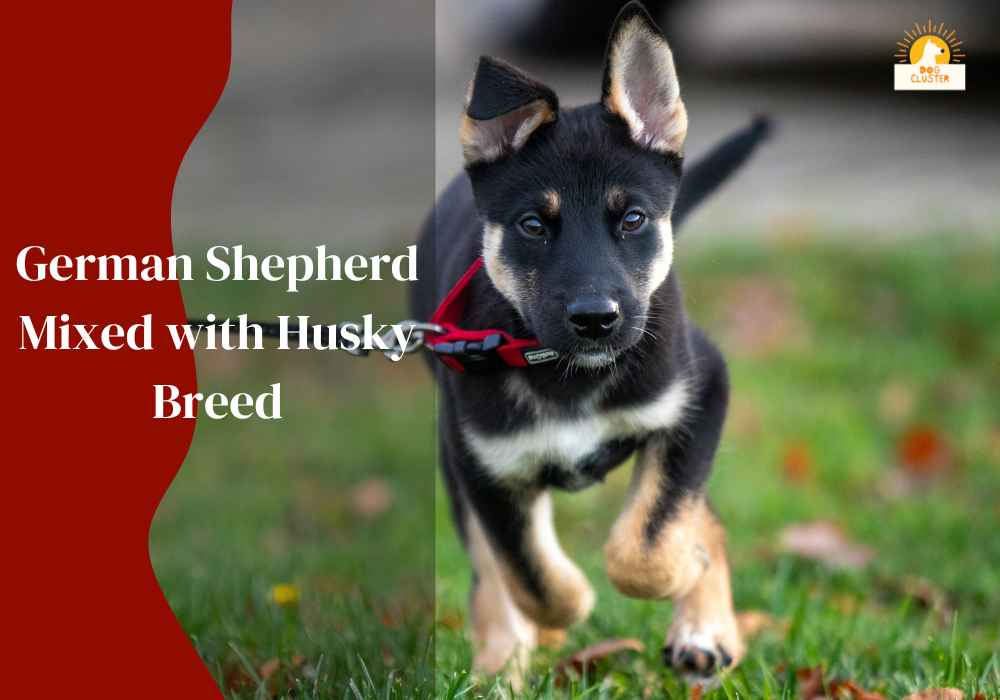Toy Poodles, Chihuahuas, Yorkshire Terriers, and some more dog breeds have a life span of more than 12 years. As dog owners, we all want our furry friends to live long and healthy lives. In this blog post, we’ll discuss about what dog breed lives the longest? Some major factors affect canine lifespan. Knowing about them is very important to maintain a long life for dogs. Here we will try to show you different ways by which you can increase your dog’s lifespan regardless of breed. From diet and exercise to regular vet check-ups, we’ll cover it all. So if you’re curious about which dogs live the longest, read on to uncover their secrets!
Table of Contents
Understanding Canine Lifespan: A Broad Overview
Dogs’ lifespans differ based on breed, size, and health. Small dogs typically live longer. Also genetics and proper care impact lifespan. Knowing a dog’s average lifespan helps owners make informed choices. Lifespan is also affected by exercise and health issues. Bluey, the oldest dog, lived to 29, demonstrating dogs’ potential for longevity.
Factors Affecting Dog Lifespan
A dog’s lifespan is influenced by factors such as genetics, exercise, and diet. Smaller breeds tend to live longer than larger ones. Health issues like genetic illnesses, hip dysplasia, and eye conditions can also affect lifespan. Mental stimulation, exercise, and a healthy weight are the best ways to extend lifespan. Regular vet check-ups help detect and address health problems early, potentially increasing lifespan.
The list of 12 dog breeds with the longest lifespan
Shih Tzus, Maltese, and Dachshund are known for their long lifespans. Lhasa Apso, Toy Poodle, and Yorkshire Terrier also have relatively longer life expectancies. The average lifespan of smaller breeds like Chihuahua and Jack Russell Terriers exceeds that of larger breeds. Cocker Spaniel, Beagle, and Lhasa Apso offer the potential for a long and healthy life. Let’s take a look at 12 dog breeds with longer life spans.
Chihuahua

Yorkshire Terrier

Dachshund

Toy Poodle

Maltese

Shih Tzu

Jack Russel Terrier

Pomeranian

Australian Cattle Dog

Lhasa Apso

Beagle

Cockapoo

Unveiling the Secret to Their Long Lives
A dog’s lifespan is influenced by breed, lifestyle, diet, exercise, and genetics. Knowing the characteristics of long-lived breeds helps pet parents provide optimal care. An active lifestyle, mental stimulation, and a healthy diet greatly affect life expectancy. Specific care is required for long-lived breeds like the Toy Poodle, Lhasa Apso, and Yorkshire Terrier.
Healthy Diets and Regular Exercise: The Key to Longevity?
Maintaining a healthy diet and regular exercise are vital for extending a dog’s lifespan, regardless of breed. Balanced nutrition and appropriate portion sizes contribute to overall health and longevity. Additionally, regular physical exercise, mental stimulation, and social interaction are crucial for a dog’s well-being and longevity.
The Importance of Regular Veterinarian Check-ups
Regular veterinarian check-ups are crucial for monitoring a dog’s health and addressing concerns early. They significantly impact a dog’s lifespan by enabling early detection and treatment. Veterinarians guide nutrition, exercise, and preventative care to promote longevity. Vaccinations and parasite control are also essential for maintaining a dog’s health and lifespan.
How to Increase Your Dog’s Lifespan Regardless of Breed
Ensuring a dog’s long life involves providing a 370 degree of care. Understanding the breed, genetic predispositions, and typical lifespan guides pet parents to meet their specific needs. Quality time, attention, and companionship, along with consistent grooming, dental care, and hygiene practices, contribute to a dog’s longevity. A positive environment and mental and physical enrichment support a long and healthy life.
Tips for Ensuring a Healthy and Happy Life for Your Dog
Do Smaller Dog Breeds Live Longer than Larger Breeds?
Yes, smaller dog breeds often have a longer lifespan compared to larger breeds. Factors like genetics, health conditions, and lifestyle also influence a dog’s life expectancy. Lifestyle and genetics collectively contribute to a dog’s potential for a long life, regardless of size.
Frequently Asked Questions
What is the maximum lifespan of a dog?
The maximum lifespan of a dog can vary based on their breed and size. Smaller dogs generally tend to live longer than larger dogs. The oldest recorded dog lived an impressive 29 years and 5 months, while most dogs have an average lifespan of 10-13 years.
Which breed of dog has the longest lifespan?
The Chihuahua is known as the breed with the longest lifespan, typically living 15-20 years. Other long-lived breeds include the Australian Cattle Dog, Beagle, Border Collie, and Dachshund.
What are some tips for increasing a dog’s lifespan?
To increase a dog’s lifespan, it’s important to feed them a healthy and balanced diet, provide regular exercise to maintain their weight, and schedule regular veterinary check-ups for early detection of any health issues. Also, create a safe and stress-free environment.
Are there any factors that can impact a dog’s lifespan besides breed?
Factors such as genetics, diet, exercise, and healthcare can all play a role in a dog’s lifespan. Proper nutrition and regular vet check-ups are essential for extending their life. Breeds prone to specific health issues may have shorter lifespans. Providing a safe and comfortable environment also contributes to longevity.
Conclusion
Genetics alone isn’t the only factor in longevity. A healthy diet, regular exercise, and veterinarian check-ups are also crucial to ensure a long and happy life for your dog. Regardless of breed, every dog deserves the best care to maximize their lifespan. Prioritize your furry friend’s health and well-being, regardless of their size.
Share with me if you have any stories and thoughts. I would love to read your feedback. Stay with the dog cluster and gather knowledge about dogs.





Leave a Reply